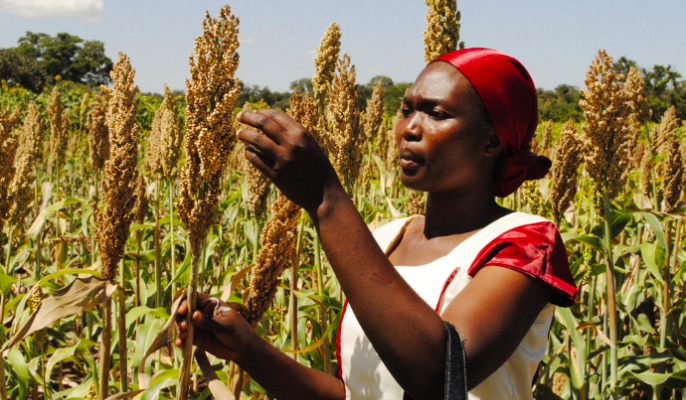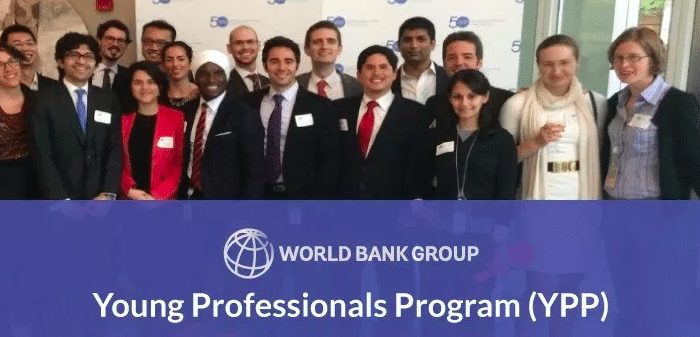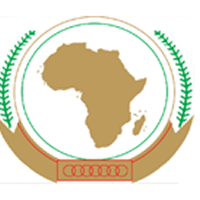Winnie is an entrepreneur from Uganda who runs a successful business making probiotic yogurt and selling to other businesses and schools. When I heard her speak at a recent food security meeting in Ottawa, Canada, I learned that Winnie has not always been this successful.
Winnie’s family had always kept cattle, but most of the milk the cows produced was for consumption by the family. In 2014, Winnie received training from an organization called Yoba for Life on how to use freeze-dried bacteria to produce probiotic yogurt from her family cows’ milk, a practice that has been common in the Netherlands where Yoba for Life is based, but not in Africa. Research conducted by Yoba for Life and Heifer International developed the technology used by Winnie for producing and using freeze-dried bacteria to make yogurt in Uganda.
Winnie started selling the yogurt to neighbors and to the local shopping center. As sales increased, her family milk was not enough, and she started purchasing milk from other women farmers in her neighborhood. Soon, she teamed up with a few other women to start the Kiboga Ikamiro Women’s Group production facility. Using the new freeze-dried bacterial technology, they currently produce 150-200 liters of yogurt per day, earning USD 3500 per month. She has increased her cattle herd to 20 milking cows, employs 27 women and youth in the production facility and built a better house for her family.
Winnie is one of more than half a million women who has been involved in research projects funded under the Canadian Food Security Research Fund, a research program implemented in 24 countries over the last nine years by Canada’s International Development Research Centre and Global Affairs Canada. This program has been hugely successful at helping women, who often provide half of the agricultural labor but do not have the same land rights and access to income as men, improve their livelihoods.
It may be surprising to learn that a program focused on research can help rural women engaged in agriculture and agribusiness to thrive. When people hear of research, they often think of complex experiments done in laboratories by serious looking scientists in white lab coats working on things only they understand. But research can have very practical implications in the lives of people.
I have been a researcher for 20 years now, and I have seen the power of research and innovation in transforming the lives of women like Winnie.
First, research can help identify and develop innovations that enable women to add value to their products and thereby increase their incomes. In Nigeria and Benin, the production of indigenous vegetables has been hampered by low consumption and lack of markets for smallholder farmers. Through several years of research, researchers found new ways and technologies for producing wine and syrups, in addition to the more traditional products such as bread, to add value to these vegetables. Women increased their incomes from indigenous vegetables by over 120 percent.
Second, research can find ways of reducing the drudgery of food production and processing for women. Of the 250 million tons of crops grown in sub-Saharan Africa in 2012, a total of 75 percent were grown by smallholder farmers and these were weeded by hand. Between 50 and 70 percent of these farmers’ time was spent on weeding, and 90 percent of women smallholder farmers carry out this task themselves. In India, processing one bag of millet can take up to two days. As a result, the consumption of millet, a crop that is highly nutritious and has the potential to contribute to better nutrition is rarely consumed in India. Through research, scientists developed a threshing machine that reduces the time it takes to thrash a bag of millet to two or three hours. As a result, women entrepreneurs using the technology increased their income from US$1800 to US$4500 per annum, close to a three-fold increase.
Third, innovations from research can increase the nutrition and health of women. In the Indian State of Uttar Pradesh, 50 million women and 15 million children suffer from anemia. A new technology that encapsulates salt with iron and iodine has led to the local production of double fortified salt in the state. Between 2014 and 2017, 40,000 metric tonnes of double fortified salt were distributed through India’s public distribution system with 85% of the targeted households purchasing and using the salt on a regular basis. The use of double fortified salt has led to a decline in the prevalence of iron deficiency from 23 to 9 percent.
Finally, research can illuminate the financial needs of women smallholder farmers and entrepreneurs and facilitate the development of appropriate products and access to these products. In Bolivia, researchers working with the Insitucion Financiera De Desarrollo increased the understanding of the fisheries sector by the financial company, leading to dthe evelopment of financial products that suited the needs of women in the sector. Between 2015 and 2017, US$ 1.9M was loaned to women entrepreneurs in the sector with an average loan size of US$ 6000.
For research to work for women, women must be engaged as researchers, producers, business owners, consumers so that they can set their priorities and contribute to the development of innovations that best suit their needs and priorities.
Dr. Jemimah Njuki is a Senior Program Specialist at Canada’s International Development Centre where she works on gender and women’s empowerment. She is an Aspen New Voices 2017 fellow. Follow her @jemimah_njuki




